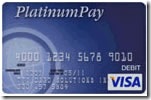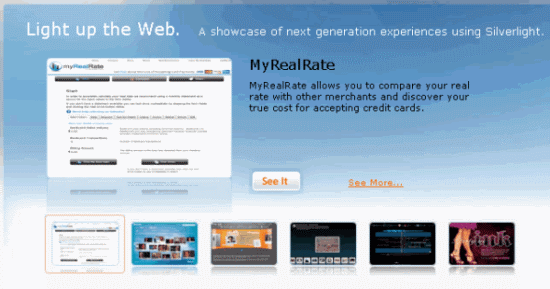Debit cards highly valued
Employers issuing Visa payroll debit cards to under-banked workers not only benefit by moving all employees to direct deposit but are also providing a cash management tool highly valued by employees. Consumers are focused on controlling spending and understand that cash purchases can be difficult to track. The Visa survey reveals that consumers believe debit cards can help them monitor spending more closely and stay within budget. Plus employees enjoy convenient access to their funds by using their … more
 Vantage Card Services’ seven year old Vantage Points merchant loyalty rewards program is pleased to welcome New Vantage Points Rewards Partners just in time for the Holidays!
Vantage Card Services’ seven year old Vantage Points merchant loyalty rewards program is pleased to welcome New Vantage Points Rewards Partners just in time for the Holidays!

 Thousands of employers currently offer Visa payroll cards to employees and for companies looking to go green, streamline payroll operations and lower costs, paycards are only gaining in popularity. The Visa paycard is designed as a financial tool; providing employees a way to participate in their company’s direct deposit program. U.S. employers are realizing significant savings while helping their employees avoid the escalating costs associated with check cashing fees and delays in receiving their checks via mail or pick-up.
Thousands of employers currently offer Visa payroll cards to employees and for companies looking to go green, streamline payroll operations and lower costs, paycards are only gaining in popularity. The Visa paycard is designed as a financial tool; providing employees a way to participate in their company’s direct deposit program. U.S. employers are realizing significant savings while helping their employees avoid the escalating costs associated with check cashing fees and delays in receiving their checks via mail or pick-up.
 myRealRate is making news on the official Microsoft Silverlight site http://silverlight.net/.
myRealRate is making news on the official Microsoft Silverlight site http://silverlight.net/.